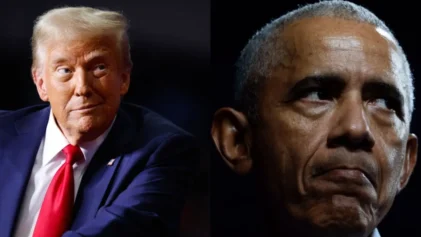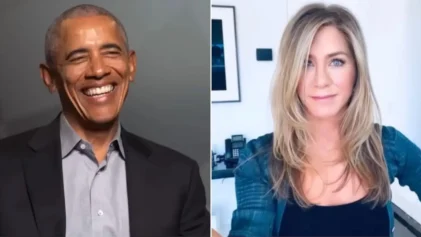The presidential race is virtually a dead heat going into Tuesday night’s second nationally televised debate between incumbent Barack Obama and Republican hopeful Mitt Romney.
According to a new Washington Post-ABC News poll, likely voters are split 49 percent for Obama to 46 percent for Romney, basically unmoved from the poll two weeks ago, just before the two candidates met in Denver for their first debate. On topic after topic, the survey portrays an electorate that remains deeply divided along partisan lines and locked in its views.
Nearly two-thirds say they do not need any more information before Election Day, and barely one in eight is undecided or says there is a chance he could change his vote. Even as voters overwhelmingly perceive that Romney won the first debate, the vast majority say their opinion of the president did not shift as a result.
But more people changed their views of Romney, largely in a positive direction. Overall, more than twice as many say their opinions of the former Massachusetts governor improved than say they worsened as a result of the debate.
Fewer of his supporters now express anxiety about a Romney administration, and the number of his backers saying they support him “very enthusiastically” jumped by double digits. Among the likely voters supporting Romney, 62 percent now do so intensely, exactly double the number who were eagerly lined up behind Republican nominee John McCain at this stage in the campaign four years ago.
Meanwhile, enthusiasm for the president has also ticked higher, but it remains below where it was four years ago.
Obama figures to be more aggressive in his second debate Romney, likely to go at him from several angles ranging from women’s issues to Romney’s tax plan to his tenure at Bain Capital.
“I think he’s going to be aggressive in making the case for his view of where we should go as a country,” senior Obama campaign adviser David Axelrod said on “Fox News Sunday.”
Beyond enthusiasm, Obama lags behind 2008 in assembling a winning coalition because groups of voters highly likely to back his candidacy – including Democrats, non-whites and younger voters – are far less interested in the campaign this time around.
But the president is buoyed in the final stretch by improving attitudes about the direction of the country, although his fellow Democrats are the ones becoming more sanguine. Among all voters, 42 percent now say the country is headed in the right direction, yet another tick upward, and 13 percentage points higher than before the party conventions. Still, most – 56 percent – see things as pretty seriously on the wrong track.
Obama gets some credit — but little from Republicans — for one recent sign of improvement in the economy: the drop in the unemployment rate to 7.8 percent in September, breaking a record 43-month stretch above 8 percent.
A challenge for Obama and Romney is that voters remain unconvinced that either candidate, if elected, will be able to quickly turn around the economy. Head-to-head on the matter, 48 percent of all voters say they trust Obama to deal with the economy, and 44 percent side with Romney. Among likely voters, it’s an even narrower divide: 48 to 47 percent.
The parity of the results underscores the importance of voter turnout, which party will be more successful at getting out the vote. The closeness of the contest has also persisted even as the partisan makeup of the random polling samples has varied.
The telephone poll was conducted Oct. 10-13 among a random national sample of 1,252 adults.


